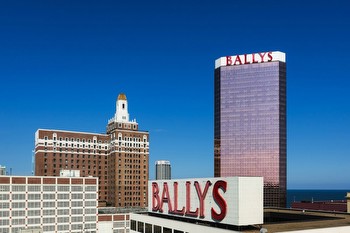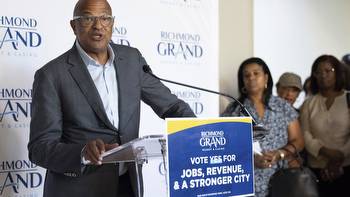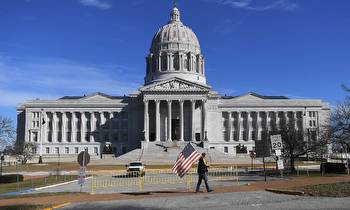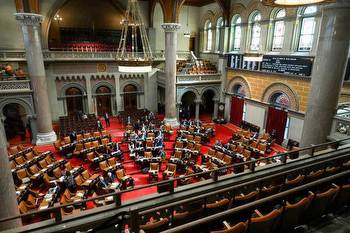Pulliam: Indiana gambling industry lobbying despite state ban

Indiana’s embrace of casino gambling is bearing the predictable fruit of political corruption. Casino opponents warned that this heavily regulated industry would tarnish the state sooner or later. Now a former casino executive is pleading guilty to a violation of the state ban on political contributions from casinos.
Kyle Waggoner is the former vice president of the Indiana Grand Racing & Casino in Shelbyville and offered his guilty plea earlier this year. Star reporters Tony Cook and Johnny Magdalena showed a potential connection of the guilty plea to a larger lobbying effort by casino executives who have sought state permission to move casino licenses to more profitable locations.
A Maryland political consultant, Kelley Rogers, also has told a grand jury about using casino money to make indirect contributions to the Marion County Republican Party.
When the General Assembly made casinos legal in the 1990s, it createdlawsagainst the industry financing political campaigns, out of a healthy fear that gambling companies would become too influential in the General Assembly and state politics.
The industry generates a lot of cash, creating a temptation to try to get legislators and regulators to go easy on the business. Despite these laws, some gambling industry figures have found ways around the law to get money to political campaigns.
Former legislators John Keeler and Brent Waltz have been indicted for breaking these rules, and the Centaur Gaming company has sold its stake in the Shelbyville casino. Casino opponents can claim they told us so -- casinos are especially corrupting on the political scene.
Atlantic City, New Jersey, turned to casinos in the late 1970s, to attempt to revive what had been a thriving beach resort. Yet the city has missed the mark in terms of a true city renovation but suffered corruption and indictments of mayors and other political officials.
Part of the problem is the nature of gambling as a business. Casinos don’t offer much of a real product in contrast to other businesses. They just offer an addictive excitement over games of chance.
Gambling addiction brings a quiet wave of crime and destruction to families, very serious harm to neglected children, as Star reporter Dana Hunsinger Benbow outlined in a recent story about sports betting.
The numbers vary, but the estimated costs of addiction run into the billions of dollars, in crime and productivity losses. The money can’t measure the devastation to children emotionally abandoned by addicted parents, with trauma that can be carried for another generation or two.
Casinos also create a competition behind the scenes for the favor of government regulators, who try to contain the corruption. But it is an uphill battle. Lobbyists for the gambling industry are a huge presence in the state’s General Assembly.
Former House Speaker John Gregg offered a pertinent description of the lobbying he saw from the industry in the General Assembly, when he wrote his memoirs, From Sandborn to the Statehouse.
“The guys who lobbied weren’t bad guys, and I wasn’t judgmental of them then or now, but they had unbelievable power,” he wrote. “They could not take no for an answer. Anytime I told them no, they’d go to the governor, they’d go to the Senate, they’d go to other members in the leadership, they’d go to the minority,” he recalled. “They were just absolutely everywhere. It was like stepping in wet dog poop; you couldn’t wipe it off your shoe, it was just there.”




































